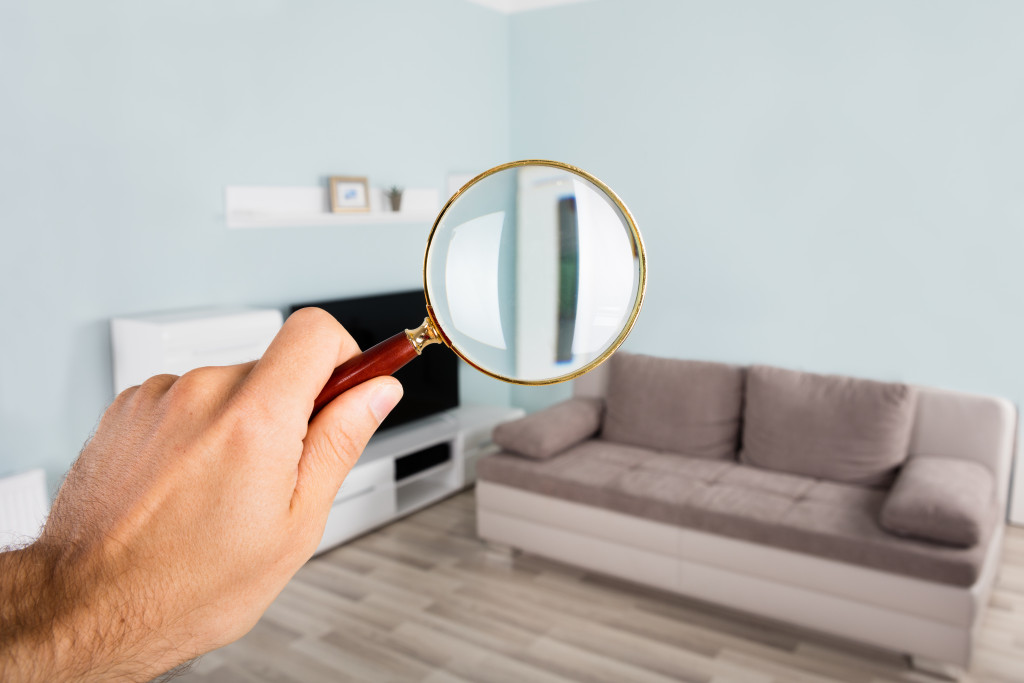A routine home inspection is a must for every homeowner. These inspections are often the only way that homeowners can be sure that their homes will remain structurally sound and safe. They also allow homeowners to identify issues with their houses before they become major problems, saving them from unnecessary stress and repairs in the future. Homeowners should schedule routine home inspections at least once per year or more depending on where they fall within the life cycle of their home (i.e., new construction vs. old).
However, most homeowners don’t know what to look for when it comes to home inspections, and they never think about the importance of routine inspections until something breaks. There are a lot of things that can go wrong with your house over time. A few simple checks here and there could save you thousands of dollars in repairs down the line.
The Benefits of Conducting Routine Home Inspections
Routine home inspections will help you identify problems before they get out of hand, which means less money spent on expensive repairs or replacements down the line. These regular checkups can also provide peace of mind and let you enjoy your home without worrying about any potential issues. Below are the benefits of conducting routine home inspections for homeowners:
- Routine home inspections help homeowners identify existing problems: Understanding the condition of your home is important to ensure its safety and longevity. Routine home inspections can help you identify existing problems so that they don’t develop into more serious issues down the line, which would be much harder to repair or replace at that point. Examples include identifying a crack in the foundation that is slowly worsening, detecting water damage on your home’s siding and roofing due to poor drainage, or noticing cracks forming around windows.
- Routine home inspections help you plan for routine maintenance: Regularly identifying issues before they become much bigger problems will save homeowners a lot of time and money down the line. For example, replacing garage door panels once you start noticing signs of damage can help prevent the total replacement of your garage door, which can cost around $2000 or more. Detecting water damage on the siding and roofing early will help you save money by repairing the issue before it worsens. Therefore, routine home inspections are necessary to encourage homeowners to invest in home maintenance instead of repairs.
- Routine home inspections help identify electrical and plumbing problems: These problems are hazardous for home occupants and can worsen over time. For example, leaky pipes cause damage to the floors and emit an unpleasant smell throughout the house. Faulty wiring can cause hazardous fires. Routine home inspections must identify these issues so that they can be fixed before it becomes too late.

- Routine home inspections are also necessary to avoid costly future repairs: When a small roof issue goes unnoticed for over ten years, major leaks and cracks will form as a result, causing the roof to need costly repairs. Similarly, routine home inspections can identify issues with the foundation and walls that may not be apparent at first glance or over a short amount of time.
- Identify minor repairs vs. major replacements: In addition, routine home inspections also help homeowners identify minor repairs and major replacements which need to be done. Minor repairs can include routine maintenance such as replacing air filters, caulking cracks in the home, and fixing minor leaks. At the same time, major replacements are more extensive issues like updating appliances or installing energy-efficient windows. Homeowners need to identify the differences between minor repairs and major replacements so that they know which routine home inspections need to be scheduled.
- Inspections help avoid future costs: Routine home inspections identify potential problems and provide a checklist of routine tasks that homeowners need to fulfill so that problems can be avoided. For example, routine home inspections will identify the need to replace an air filter or update a heating system so that homeowners know which routine maintenance should be performed and when it is necessary. If these routine tasks are not checked off on the list during routine home inspections, then they must be completed as soon as possible to prevent more problems down the line.
Making Time for Routine Home Inspections
Homeowners should always make time for routine home inspections so that they can avoid major home repairs in the future. Checking the thermostat, faucets, and appliances is one of the first routine home inspections that should be done. Hence, homeowners know when to schedule routine maintenance appointments or routine repairs for their heating systems, plumbing systems, and air conditioning units.
Routine home inspections help keep homes safe and functional all the time. After all, identifying problems and addressing them immediately will avoid large, costly home repairs in the future.
